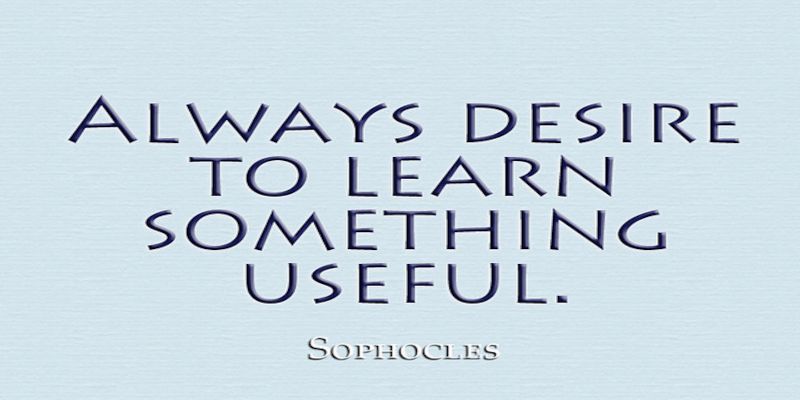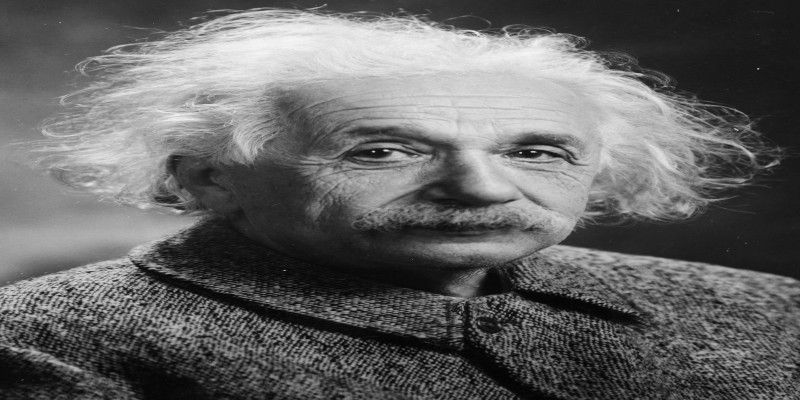Table of Contents
ToggleWe all know at least one social chameleon personality who gets along great with everyone they meet from all walks of life. Be it CEOs, electricians, teachers, doctors, or construction workers.
They aren’t always the strongest, nor the smartest. Nevertheless, they typically get done the most since they can modify their behavior to suit their environment.
Thus, the measure of intelligence is the ability to change and adapt our character to the needs of the circumstances. Here’s why.
Why is the measure of intelligence the ability to change?
Intelligent individuals have a desire to learn more

Being curious about the world and having an insatiable hunger to learn are common signs of an intelligent individual.
Acquiring more knowledge transforms us in one way or another. For better, or for worse. Our beliefs, thoughts, ideas, and actions will forever be altered by that new understanding that we’ve gained of the world.
Yet, many people desperately try to hold on to the past, afraid of going through new experiences that could turn their existence upside down. Nevertheless, this world isn’t motionless, and change is happening around us all the time if we’re willing to see it instead of denying the truth.
But keep in mind that even though you can bury your head in the sand, the world isn’t going to stop altering. The only option is to keep up, or risk getting left behind.
The world is continuously changing

The universe is a dynamic and ever-changing place, even though we might not always notice it.
These transformations might provoke some anxiety, and in extreme cases even worry since we inherently have a fear of the unknown. Yet, adaptation is required for all of us to grow as individuals.
Change leads to growth
Without change, the world would be a stagnant place. We need new ideas and incentives to get better.
But because things shift so quickly, we are forced to adapt, or we will inevitably be left behind. That’s already happening today and has been the case since the dawn of time.
Just think of the technological revolution and how we’re forced to be able to operate a computer, navigate the internet, and make payments online. A lot of older folks who didn’t grow up with these novel and groundbreaking technologies are already having a lot of issues keeping pace.
Change leads to new experiences

If we only stay in our safe bubble and do what’s already known to us, then we won’t gain any new experiences. Thus, we’ll remain the same without any chance of bettering ourselves.
What we need to learn most lies in the unknown. In that scary, dark part of existence that we want to stay clear of since we’re afraid of what’s strange to us, and what we don’t yet understand.
Change provides new learning opportunities
You can’t learn new things when you don’t get fresh triggers. It has been shown that it’s detrimental to the cognitive development of children and babies when they are deprived of stimuli.
That comes as no surprise to me, seeing as we react to the world, and when there’s nothing to respond to or learn from, then it’s impossible to acquire new wisdom.
Requirements of the world are changing all the time

In ancient history, strength was probably more valued than it is today since there was less technology, society wasn’t established yet, and force was important to hunt and defend yourself from animals and hostile tribes.
Today, raw power is less critical for our survival since there’s less need to protect ourselves because we have civilized the world to the point of establishing a government that prohibits us from attacking, or even hurting other citizens.
Since there’s an incredible technological revolution going on, intellect is getting more and more critical to keep up with these developments. But also to design, and make money from these technological progresses.
Change requires intelligence
Being able to change requires intelligence since we’ll need to figure out how our life is going, what our strengths are, and perhaps more importantly, what our weaknesses are. Not to mention that we need it to analyze what the world requires of us.
We need to engage in problem-solving behavior daily, which is a complex cognitive activity that requires a considerable amount of fluid intelligence to pull off correctly.
Change demands being able to learn

You need to learn new skills by acquiring novel knowledge and by gaining a fresh understanding of the world before you can make changes to your character and your way of living.
Advanced learning isn’t something that every life form can do easily, let alone do. Some get by on instincts, but humans have become a thriving species since we’re capable of learning complex specialties and, consequently, adapting to whatever our environment requires.
Frequently Asked Questions (FAQ)
What does “the measure of intelligence is the ability to change” mean?

The measure of intelligence is the ability to change since it isn’t always the smartest one that wins, nor the strongest. It’s the person who can adapt the best to their immediate environment.
Humans are highly pliable to adjust. This way, we can thrive in multiple domains, and in a rapidly changing world.
For example, physical strength is less demanded in our modern culture and thus, less essential than it was before to survive. Nowadays, brightness and problem-solving are typically valued more highly to produce favorable results.
Who said the measure of intelligence is the ability to change?

Albert Einstein famously said the popular quote, “Intelligence is the ability to change.”
He was a German theoretical physicist who created the theory of relativity and lived from 14 March 1879 to 18 April 1955.
Furthermore, he also contributed to the improvement of quantum mechanics.
Final note

It’s not necessarily the strongest who survives, nor the smartest. It’s the one who’s able to adapt the best and quickest to their environment.
Don’t be afraid of change. Rather, embrace it since it’ll provide you with new learning experiences that you can use to change yourself for the better.
